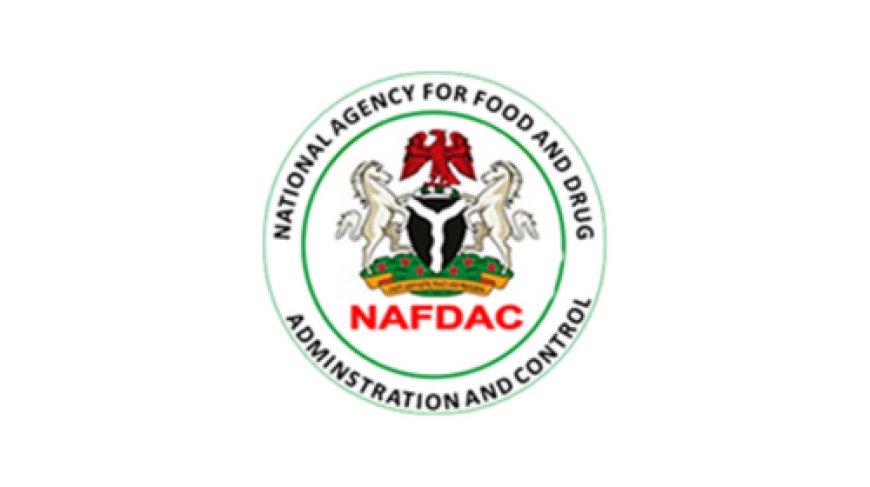NAFDAC seizes N1.2bn adulterated fake malaria drugs

The National Agency for Food and Drug Administration and Control has intercepted counterfeit malaria drugs worth over N1.2bn in Lagos, intensifying its crackdown on substandard medicines across the country.
In a statement posted on its official X handle on Friday, the agency said it seized 277 cartons of counterfeit and unregistered Malamal Forte malaria drugs in a warehouse in the Ilasa-Oshodi area of the state.
NAFDAC said the fake medicines, which were disguised in cartons labelled as Diclofenac Potassium 50mg, were illegally imported from Shanxi Tianyuan Pharmaceuticals Group in China and falsely declared as spare parts.
The Director-General of NAFDAC, Prof Mojisola Adeyeye, reaffirmed the agency’s resolve to rid the country of fake and substandard medicines.
She said, “With the full support of the Presidency and the Federal Ministry of Health, NAFDAC remains committed to eliminating counterfeit drugs and protecting public health.”
Adeyeye explained that the seizure formed part of a nationwide enforcement campaign to ensure only safe and quality medicines were available to Nigerians.
The DG had on Wednesday disclosed that the agency’s recent raids on illicit drug markets in Lagos, Onitsha, and Aba generated about N2.5bn.
Speaking at a session in Abuja organised by the House of Representatives Committee on Food and Drug Administration and Control, the DG said the funds came from fines imposed on traders found guilty of selling counterfeit or substandard drugs.
She explained that N996m was spent on enforcement operations, N159m was borrowed from a donor grant, and N1.18bn was used for regulatory expenses, leaving NAFDAC with N207m.
According to her, the nationwide operations, which deployed over 1,300 security personnel, uncovered widespread violations ranging from expired and unapproved medicines to poor storage practices.
Meanwhile, NAFDAC also carried out a sensitisation exercise in the Billiri Local Government Area of Gombe State on Friday, following reports of fruits being artificially ripened with calcium carbide.
The state coordinator of the agency, James Agada, said the intervention aimed to protect consumers from the health dangers associated with chemically ripened fruits.
“Calcium carbide poses serious health risks to consumers. Our intervention seeks to protect public health by encouraging fruit sellers to adopt safe practices,” Agada said.
He explained that artificially ripened fruits often appear yellow on the outside while remaining unripe inside, noting that they may also show traces of powdery substances and peel off quickly.
Consumption of fruits containing these impurities may cause cancer, heart, kidney and liver failure, as well as permanent skin damage,” he warned.
Agada said NAFDAC’s approach was to first educate vendors before moving to enforcement.
He urged sellers to embrace safer alternatives and to always verify product authenticity using NAFDAC’s Green Book app, NAPAMS, and Scan2Verify platforms.
In his response, the Chairman of the Fruit Sellers Association in Billiri, Alhaji Murtala Mohammed, commended the agency for the enlightenment drive.
“We are grateful to NAFDAC for this initiative. I want to warn our members against using calcium carbide because of its harmful effects. There are safer alternatives like pear and garden egg extracts that can be used for ripening fruits,” he said.

 admin
admin 


